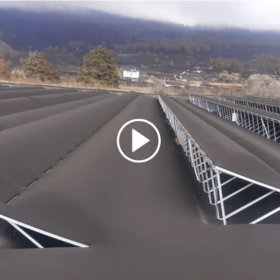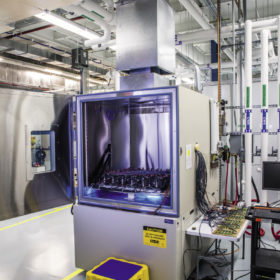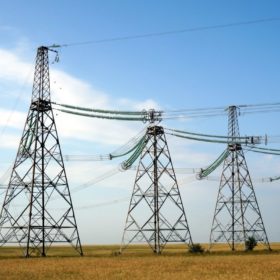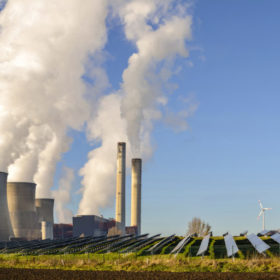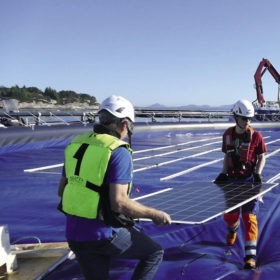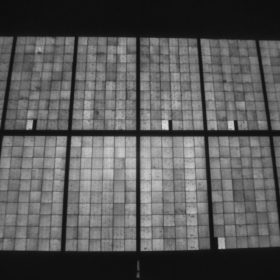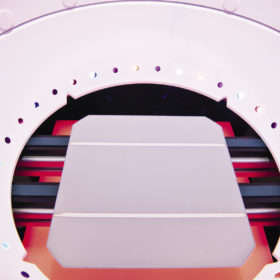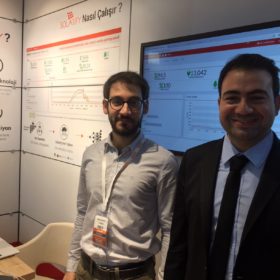Volcano proof PV
Panels being covered in volcanic ash can cause several problems – as has been seen recently with ongoing eruption in the Canary Islands. The weight of the ash may be too much for the structure to bear, sharp ash particles or small stones within the ash can scratch module glass, and acids or sulfur compounds contained in the ash can cause corrosion on the backsheet.
After a solar generator caused a house fire, US insurance company wants Amazon to pay
Courts have ruled both ways on whether the online retailing platform can be held liable for selling products that cause damage. The latest case involves a house fire in Minnesota.
DNV GL’s Battery Scorecard 2020 sees manufacturers focus on LFP and fire safety
The third annual scorecard published by the consultant has tested 22 batteries with different chemistries for cycling stability and temperature-dependent behaviour and identified significant product trends.
Entso-E targeted in recent cyberattack
The European Network of Transmission System Operators for Electricity said on Monday that unidentified hackers recently targeted its computer networks.
AXA ramps up pressure on corporate Europe with plans to phase out coal exposure
The French insurance group has revealed plans to phase out its exposure to coal by 2030 in the European Union and the countries of the Organization for Economic Co-operation and Development, and by 2040 in other parts of the world.
Put your hands on a floating PV system
A new handbook published by the World Bank and Solar Research Institute of Singapore contains advice on how to plan and build floating PV. The guide is intended to help developers with site identification; feasibility studies; finance; environmental and social issues; procurement and construction; and operations and maintenance.
How cold solder joints turn solar modules into warranty cases
In the run-up to pv magazine’s quality roundtable at Intersolar Europe, we look at a case where a production error resulted in cold solder joints in 5% of the solar modules across a 50 MW project portfolio. We consider how to come to an agreement with a manufacturer to replace modules in such a situation and how such a solution compares with a production audit before installation.
Inverter maker offered customer €50 for replacement product which would have carried ‘thousands of euros’ of associated costs
Often, it is not inverter faults that frustrate customers – such things happen – it is poor customer service. Here we look at the first of a series of cases that will be discussed at the pv magazine quality roundtable planned for Intersolar Europe, in Munich, which indicates what the industry must avoid in future.
The weekend read: Quality on the line
With competition on the module market as cutthroat as ever, manufacturers are increasingly looking to emphasize the quality and reliability of their products and services as a differentiator. pv magazine investigates what’s behind some of these claims, and the move from manufacturers to more sophisticated quality assurance methods.
Solar AI: Made in Turkey
Celebrating its one year anniversary during Solarex, Turkish monitoring and AI startup Solarify is looking to reduce false alarms from utility scale PV projects. Based out of an incubator in Ege University in the coastal city of Izmir, Solarify is on the hunt for international partners.
